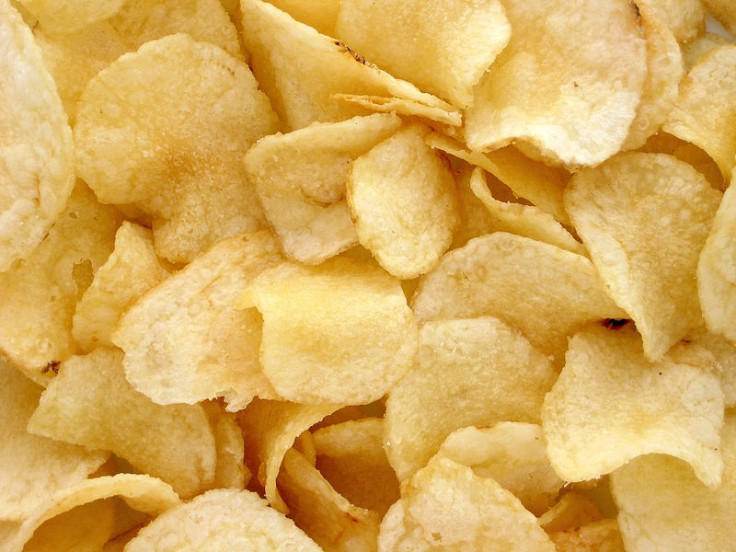Once You Pop You Really Can’t Stop: Crisps are Addictive, Scientists Say

The Pringles slogan of 'once you pop, you just can't stop' has been found to be true - crisps are addictive, scientists in Germany have said.
Tobias Hoch, from the Friedrich-Alexander-Universität Erlangen-Nürnberg, said his study into crisps has shed light on a condition called hedonic hyperphagia, which is the scientific term for eating to excess for pleasure rather than hunger.
"It's recreational over-eating that may occur in almost everyone at some time in life. And the chronic form is a key factor in the epidemic of overweight and obesity," he said.
The team of researchers studied the consumption behaviour of rats by feeding one test group crisps and another standard chow, then recording their brain activity with MRI devices.
Previously, researchers though people are attracted to junk food, even on a full stomach, because of their high fat and carbohydrate content, which send pleasing messages to the brain.
However, the researchers then presented the rats with three different feeding options: chow; crisps; or a mixture containing the same fat and carb content as the crisps.
The rats ate similar amounts of all three, but they actively pursued the crisps, and did not seek out the fat and carb mixture. The chow was the least desirable of all three foods.
Blocking effects
Hoch said: "The effect of potato chips on brain activity, as well as feeding behaviour, can only partially be explained by its fat and carbohydrate content. There must be something else in the chips that make them so desirable."
After studying the MRI scans, the team found the reward and addiction centres of the brain recorded most activity when eating the crisps.
They also found the areas of the brain involved with food intake, sleep, activity and motion were stimulated in a significantly different way when eating the crisps, compared to the other two foods. This suggests there is something else that causes the rats to seek out the snack.
Speaking about why not everyone suffers from hedonic hyperphagia, Hoch suggested that some people may have more willpower than others, or the reward signal is not strong enough to override individual taste preferences.
The team say that if they can pinpoint the molecular triggers that cause crisps to stimulate the reward centre of the brain, they may be able to develop drugs or nutrients that help to block its effects.
Unfortunately, however, he said they have no evidence yet to suggest they could add the molecular trigger to healthy foods to make them more desirable.
© Copyright IBTimes 2025. All rights reserved.






















